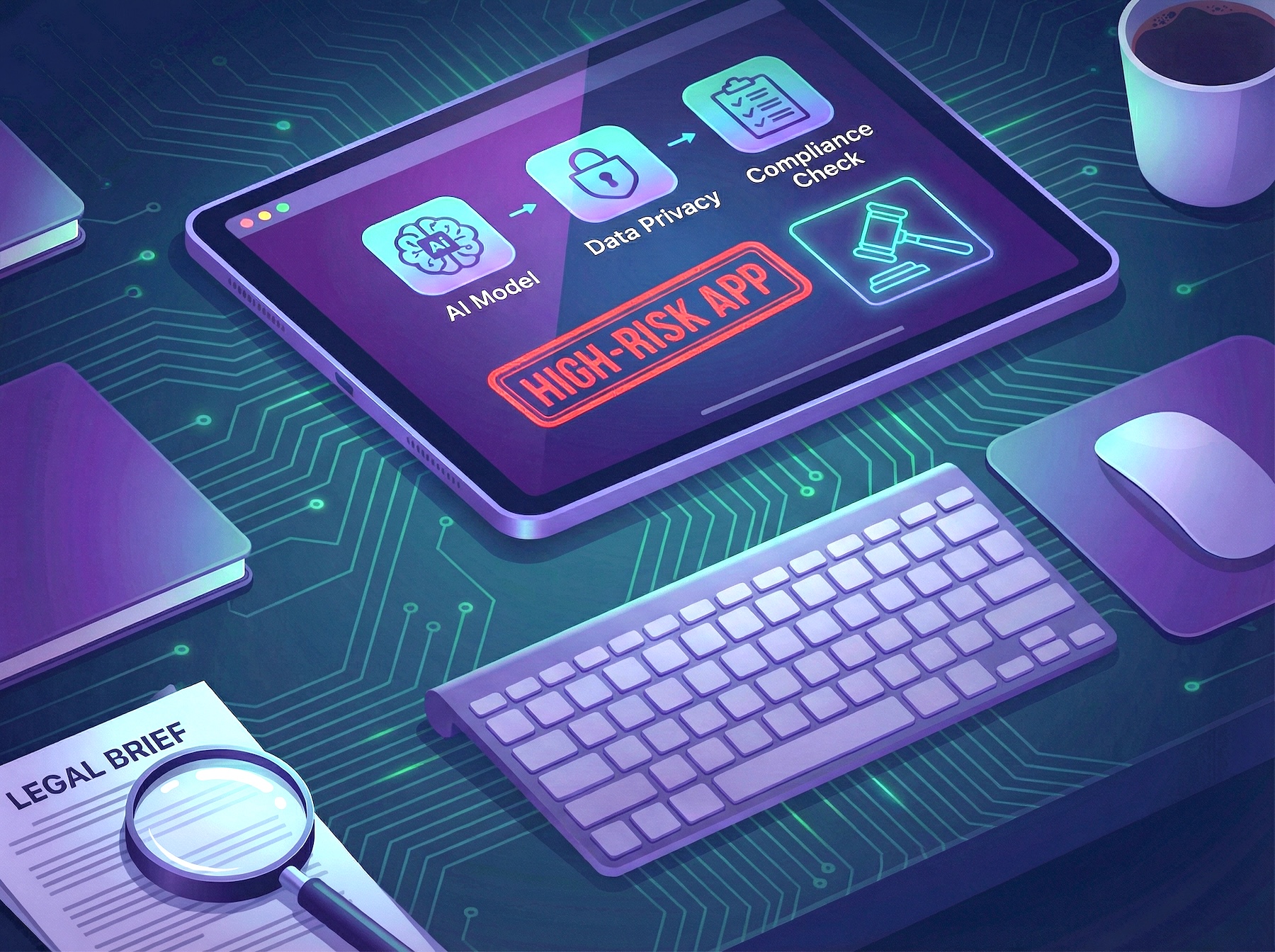The Tailored Access Operations department used it to steal sensitive information, according to a censored slide leaked by former NSA contractor Edward Snowden. NRC said 20,000 networks had been hit in 2008, with the program recently expanded to include others in Rome, Berlin, Pristina, Kinshasa, Rangoon.
The NSA declined to comment.
The malware could be put in a "sleeper" mode and activated with a click of a button, the paper said.
"Clearly, conventional criminal gangs aren't the only people interested in breaking into computer networks anymore," wrote computer security expert Graham Cluley in a blogpost. "All organisations need to ask themselves the question of whether they could be at risk."
The reports come as Twitter introduces technology it says will help protect people's messages from unwanted scrutiny. It has employed a system known as "forward secrecy" that makes it harder for eavesdroppers to access the keys used to encrypt data passing between Twitter's servers and users' phones, tablets and PCs.
Source: BBC News








